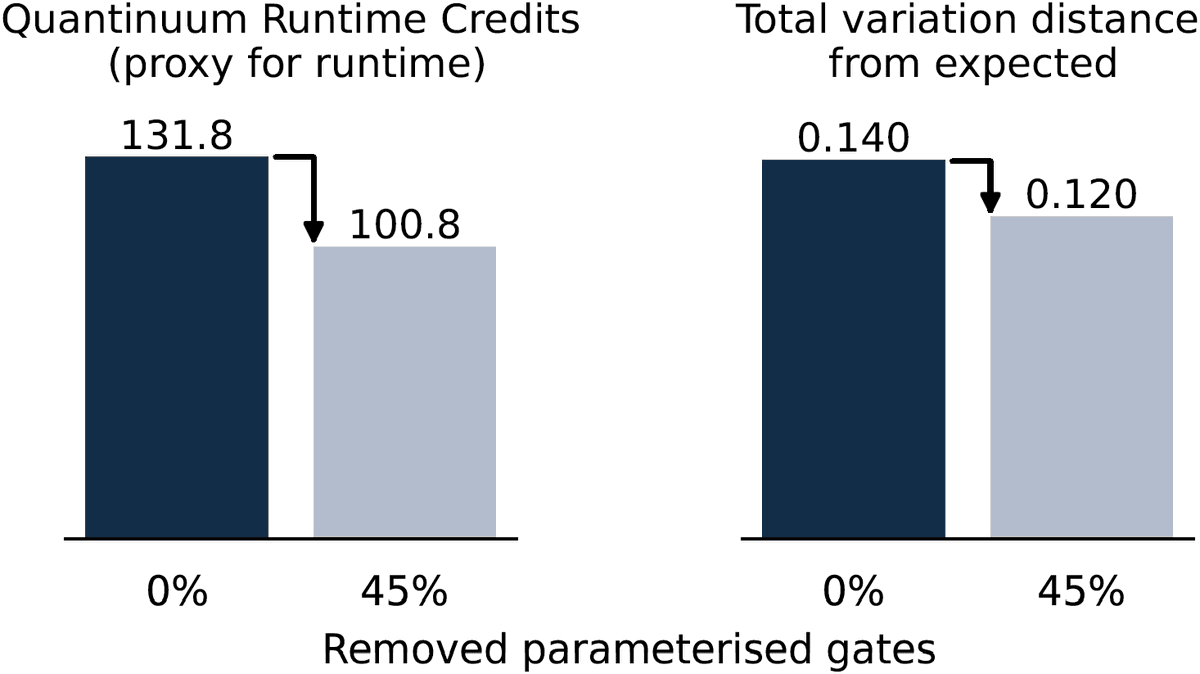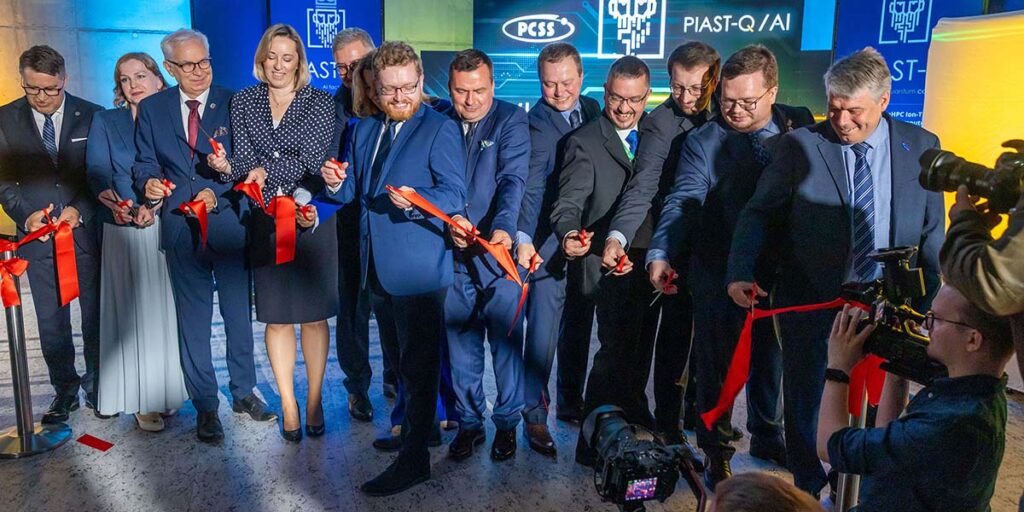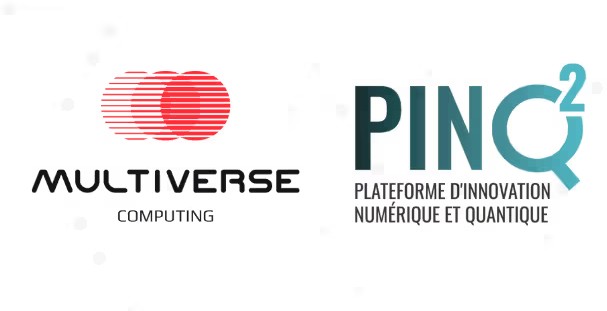Taking a Bayesian approach to training quantum circuits may lead to circuits that are faster to execute and less noisy than the circuits, according to a team of Quantinuum scientists. These new, more robust circuits would be ideal for tasks including optimization and machine learning, for example.
In a study, published on the pre-print server, ArXiv, the team reports that experiments on the company’s H1-2 quantum computer demonstrates that the resulting circuits are faster to execute and less noisy than the circuits trained without the dimension reduction strategy. The team included Sam Duffield, Marcello Benedetti and Matthias Rosenkranz.
According to the scientists, current hardware noise and limited qubits hamper the performance of quantum computers. Because of this, variational quantum algorithms, which use a classical optimizer to train a parameterized quantum circuit, are often relied on for practical applications on today’s quantum technology.
The researchers reformulate that classical optimizer with a Bayesian — or, a probabilistic — approach.

In an explanation of the process on Twitter, Rosenkranz writes, “The Bayesian perspective aims at inferring the posterior over circuit parameters based on a generalised likelihood and prior over parameter. The likelihood encodes a cost and priors can help enforce desirable properties such as sparsity or correlations.”

According to Rosenkranz, this might just be the beginning of using the Bayesian learning approach to boost quantum performance.
“Bayesian perspective leaves room for lots of future research. E.g. can priors used in this principled way enforce symmetries or parameter correlations and help with barren plateaus or generalisation?” he writes on Twitter.
The researchers also add in the paper: “We have only investigated point estimate and Monte Carlo approximations to the posterior. A natural next step would be to consider a variational inference approach, although care would need to be taken when constructing a variational family of distributions that are well-defined for angular parameters.”
For more market insights, check out our latest quantum computing news here.

















